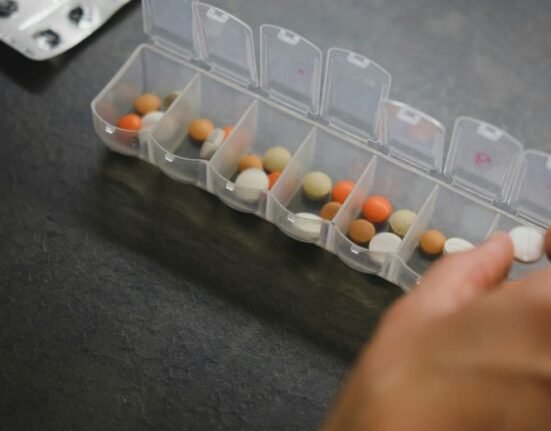HQ Team
October 25, 2024: A recent study indicates that a new slow-release ketamine pill could offer a promising alternative for individuals suffering from treatment-resistant depression (TRD), potentially providing relief with fewer side effects compared to traditional methods. This development is particularly significant as conventional ketamine treatments, including intravenous (IV) and intranasal forms, often require close medical supervision and can be logistically challenging for many patients.
Ketamine, originally developed as an anaesthetic, has gained attention for its rapid antidepressant effects, particularly in patients who have not responded to standard antidepressant medications. While the FDA has approved esketamine (Spravato) as a nasal spray and injectable ketamine for off-label use, no oral formulations have received official approval for psychiatric disorders in the U.S.
The challenge with existing forms lies in their administration; both require patients to visit clinics for treatment, which can limit access for those unable to travel or afford additional accommodations.
Promising results
The study published in Nature Medicine involved 231 adults diagnosed with treatment- resistant depression or TRD who had previously tried multiple antidepressants without success. Participants were given a daily dose of 120 mg of a new slow-release ketamine pill (R-107) for five days. By day eight, over half of the participants showed significant improvement in depressive symptoms, with 168 continuing into a randomized phase where they received varying doses of the pill or a placebo over 12 weeks.
The results indicated that those receiving the highest dose (180 mg) experienced a statistically significant reduction in their depression scores compared to the placebo group. Notably, side effects were reported to be minimal, especially when compared to the more intense dissociative effects often associated with IV ketamine treatments
Advantages of oral ketamine
The introduction of an oral formulation like R-107 could address several barriers associated with current ketamine therapies:
Accessibility: Patients could take the medication at home, reducing the need for clinic visits and making treatment more accessible.
Reduced Side Effects: Early findings suggest that the oral form may lead to milder dissociative effects and less impact on blood pressure compared to IV administration
Convenience: A pill form simplifies dosing and eliminates logistical challenges related to transportation and time spent in medical facilities
Future research
Despite these promising findings, experts caution that further research is necessary to validate the long-term efficacy and safety of oral ketamine. Concerns remain regarding potential biases in study design and the need for larger trials to confirm these initial results. While this study is a step forward, more comprehensive data is required before widespread adoption can be considered.
Moreover, researchers are investigating the pharmacokinetics of R-107 to ensure consistent absorption rates and effectiveness across diverse patient populations. The unique formulation aims to mitigate risks associated with misuse, as ketamine has been known for its recreational use.
It’s important to remember that ketamine isn’t a first-option treatment for depression. It’s generally used only when other, more longstanding treatments haven’t been effective. Ketamine doesn’t offer a cure; rather, it improves symptoms of depression for a certain amount of time.
The development of an oral ketamine pill represents a significant advancement in the treatment landscape for hard-to-treat depression. If further studies confirm its efficacy and safety, it could provide millions of patients with a much-needed alternative that is both accessible and manageable within their daily lives.








